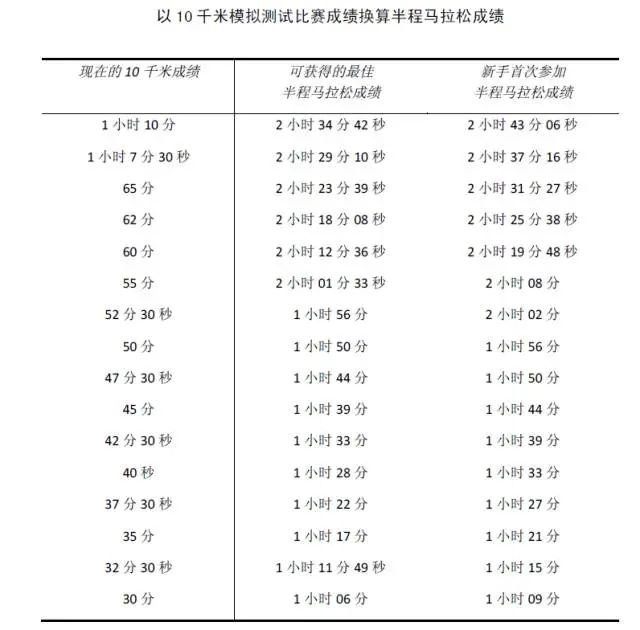
When the marathon endurance coefficient is less than 4.5, it shows that the marathon performance is super level.
The larger the endurance coefficient, the smaller it is, which can also be explained from two aspects: On the one hand, it shows that the smaller the speed reserve, the less likely it is to improve the marathon performance.
Do you think this algorithm is reliable? Take kipchaug, the strongest king of the marathon, for example.
The greater the endurance coefficient, it can be explained from two aspects: On the one hand, it shows that the greater the speed reserve, the greater the possibility of improving marathon performance; On the other hand, the greater the endurance coefficient, the worse the performance level of Marathon and the speed endurance of long-distance competition; 2.
According to kipugge’s score of breaking 2, his endurance coefficient is 4.46, which is really amazing.
Many primary marathon runners use their actual results to deduce that the marathon endurance coefficient can be greater than 5, or even exaggerated.
Therefore, 10K is the basis of running.

When the marathon endurance coefficient is between 4.60 ± 0.05, it means that the marathon level can play normally according to the 10000 meter result; When the marathon endurance coefficient is greater than 4.65, it shows that the marathon performance has the potential to be further improved; When the marathon endurance coefficient is less than 4.55, it shows that compared with the existing 10000 meter performance foundation, it is very unlikely to further improve the marathon performance.
Is there room for you to play? It’s important to keep your hands warm during winter sports, The thumb and index finger are specially designed for touch screen sensing, It doesn’t affect your control of your mobile phone! Scan the QR code below and buy it now ⭣ ⭣ ⭣ -.
His own human limit score is 1 hour 59 minutes 40 seconds.

All runners refer to the above data and compare your running results.
In China, the book “marathon race” written by Xia Weien also studies 10K and marathon performance, and puts forward a term – marathon endurance coefficient, which not only has reference value for professional athletes, but also has certain guiding significance for our amateur runners.

After adhering to it for a period of time, it has become the standard for each run.
Through this formula, we can also analyze the following two situations: 1.
All runners, pick up the calculator and calculate your endurance coefficient.
Marathon endurance coefficient = marathon performance (seconds) / 10000 meter performance (seconds).
In the running Bible written by German athlete Stephanie, a data is summarized to predict the results of half marathon and whole marathon with the results of 10km simulation test.

In fact, the main function of Marathon endurance coefficient is to calculate your desired marathon performance with different marathon endurance coefficients according to your 10000 meter performance, rather than arbitrarily setting your marathon performance goals.

At the same time, we can also check whether the marathon is super level, normal or abnormal through the endurance coefficient.
His best result in 10000 meters is 26 minutes 49 seconds 02, the best result in 10 kilometers is 28 minutes 11 seconds, while the best result in the whole marathon is 2 hours 01 minutes 39 seconds (world record).
Determine the running state by marathon endurance coefficient: in the ideal state, the running speed remains constant, and the ratio of endurance coefficient should be 4.2195.
At the beginning of running, 10K is a little out of reach.
Therefore, more and more runners are gradually promoted from 10K to half horse, full horse and cross-country events.
In order to improve the marathon performance, we must improve the 10000 meter performance; On the other hand, the smaller the endurance coefficient, the higher the marathon performance level and the better the speed endurance of long-distance competition.
There is still some deviation in the data between the three.


Under normal circumstances, human marathon endurance coefficient is between 4.5-4.8, with an average value of about 4.65.
For many runners, 10K is a sacred distance.
